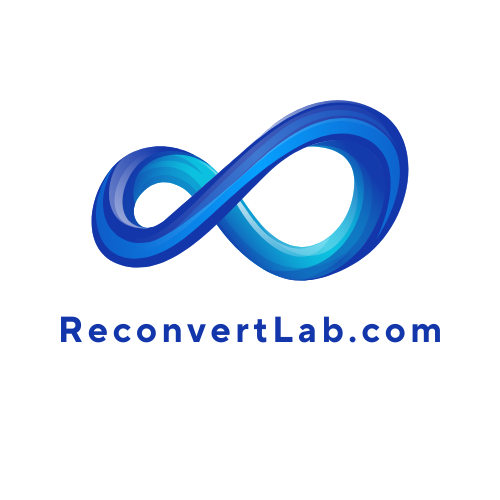Hey friend! So, you’re thinking about dipping your toes, or maybe diving headfirst, into the world of freelancing or consulting? That’s a fantastic way to leverage your hard-earned skills and experience on your own terms! But just like packing a different suitcase for a beach vacation versus a mountain trek, your traditional 9-to-5 resume might need a little makeover to really shine in the freelance and consulting arena.
Think of your standard resume as a map highlighting your journey through different companies and roles. For freelance or consulting, you need a map that specifically points out the treasures – your skills and achievements – that directly address the needs of potential clients. It’s less about a chronological history and more about showcasing your ability to solve their specific problems.
So, how do you give your resume that freelance/consulting glow-up? Let’s explore…
Focus on Skills and Expertise (Not Just Job Titles)
While your job titles provide context, freelance clients are primarily interested in what you can do for them. Instead of just listing your responsibilities under each role, really emphasize the specific skills you used and the results you achieved. Think about it like this: instead of saying “Managed marketing campaigns,” you could say “Successfully developed and executed 15+ digital marketing campaigns resulting in a 20% increase in lead generation.” See the difference? It’s about highlighting your tangible abilities and their impact.
Create a Compelling Summary or Profile
This is your chance to grab attention right at the top. Instead of a generic objective, write a brief but powerful summary that clearly states your key areas of expertise, your unique selling points, and the types of projects or clients you’re seeking. Think of it as your elevator pitch on paper – what makes you the go-to person for their needs? For example, “Highly experienced marketing consultant with a proven track record in developing and implementing successful digital strategies for small to medium-sized businesses.”
Tailor Your Resume to Each Opportunity
This is crucial! Don’t send out a generic resume for every freelance gig. Take the time to carefully read the project description and customize your resume to highlight the skills and experiences that are most relevant to that specific client’s needs. It’s like choosing the right tools from your toolbox for a particular job – you wouldn’t use a hammer to screw in a nail!
Showcase Your Portfolio (If Applicable)
If you’re in a creative field like writing, design, or web development, a portfolio is often more impactful than a traditional resume. Include links to your best work or case studies that demonstrate your abilities and the results you’ve delivered. Think of it as showing off your masterpieces instead of just talking about them.
Quantify Your Achievements Whenever Possible
Numbers and data speak volumes! Instead of just saying you improved something, try to quantify it with percentages, dollar amounts, or specific results. “Increased sales by 15%,” “Reduced project costs by $10,000,” “Successfully trained 5 teams on new software.” These concrete achievements make your skills much more tangible and believable.
Highlight Relevant Projects (Even Personal Ones)
If you’ve worked on personal projects or side hustles that demonstrate skills relevant to the freelance work you’re seeking, include them! This shows initiative and provides further evidence of your capabilities. It’s like showing off a passion project that directly aligns with your potential client’s needs.
Use Keywords Strategically
Just like with your blog articles, freelance clients often use specific keywords when searching for talent on online platforms. Review job descriptions carefully and incorporate relevant keywords into your resume (naturally, of course) to help you get found. Think of it like using the right search terms so that your profile pops up when clients are looking for someone like you.
Keep it Concise and Easy to Read
Freelance clients are often busy and may not have time to wade through pages of information. Aim for a clear, well-organized resume that highlights the most important information upfront. Use bullet points and clear headings to make it easy to scan. Think of it as a well-organized toolbox where clients can quickly find the tool they need.
Proofread Meticulously!
Typos and grammatical errors can make you look unprofessional. Proofread your resume several times before sending it out, and even consider asking a friend or colleague to take a look. It’s like making sure your presentation is polished and error-free before a big meeting.
Updating your resume for freelance or consulting work is about shifting the focus from your employment history to the tangible value you can offer to individual clients. By highlighting your skills, showcasing your achievements, and tailoring your resume to each opportunity, you can significantly increase your chances of landing those exciting freelance and consulting gigs! What’s one key skill from your career that you’re excited to highlight on your freelance resume? Let’s think about how to make it shine!



